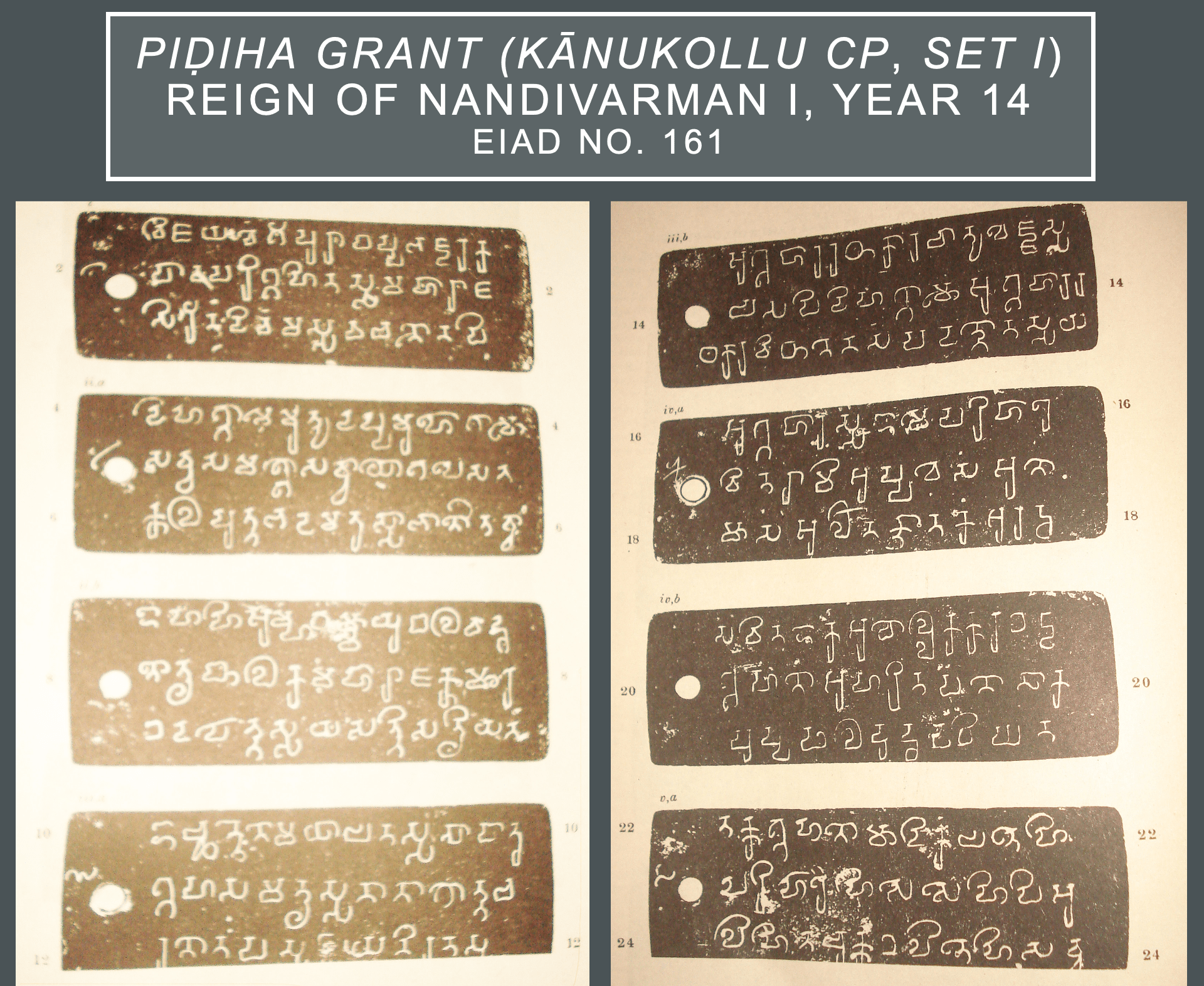Religious Exemptions and Jural Autonomy in Foundation Grants of Early India and Java

Endowment grants beginning in the early centuries CE conferred upon religious professionals (Buddhist, Jain, Brahmin) exemption from tax-payments and other obligations to the king, along with stipulated rights of internal legal self-governance. Similar grants of foundation appeared more widely in South and Southeast Asia throughout the following millennium, embodying regional variations on a general principle that religious institutions have a justifiable claim to be insulated from the fiscal regime of the state, even if they participate in the economy in other ways, not least by contributing to the welfare of the polity that supports them financially. Such support is an intangible asset of the state, one even quantified as proportionate to the tax revenue foregone. This status was also deemed to confer jural autonomy over the territory covered by the grant. Grants of this type implied that there was a sacral sphere of authority conceptually distinguishable from worldly affairs, however intertwined they were. Civil religion in ancient India and Java, then as today, was a balancing act of signaling the distinctness of religion (i.e., its transcendence) while implicating it in the public or private welfare of the patron (i.e., its immanence).
About the Speaker:
Timothy Lubin is the Jessie Ball duPont Professor of Religion, and Adjunct Professor of Law, at Washington and Lee University. He has degrees from Columbia University (BA, PhD) and Harvard University (MTS), and taught earlier at Harvard and at the University of Virginia. He is an historian of religion and law of South and Southeast Asia, working with texts and to study the formation, spread, and transformation of Brahmanical ideals and institutions in the ancient and medieval periods, and their reception in modernity. In 2020–21, he holds fellowships from the National Endowment for the Humanities and the American Council of Learned Societies. He is a collaborator on the Dharma Project (ERC no. 809994), working on Old Javanese legal texts and inscriptional charters.
The images is from:
Krishna Rao, B.V., “Two Salankayana charters from Kanukollu”, Epigraphia Indica 31 (1955–56): 1–10.

